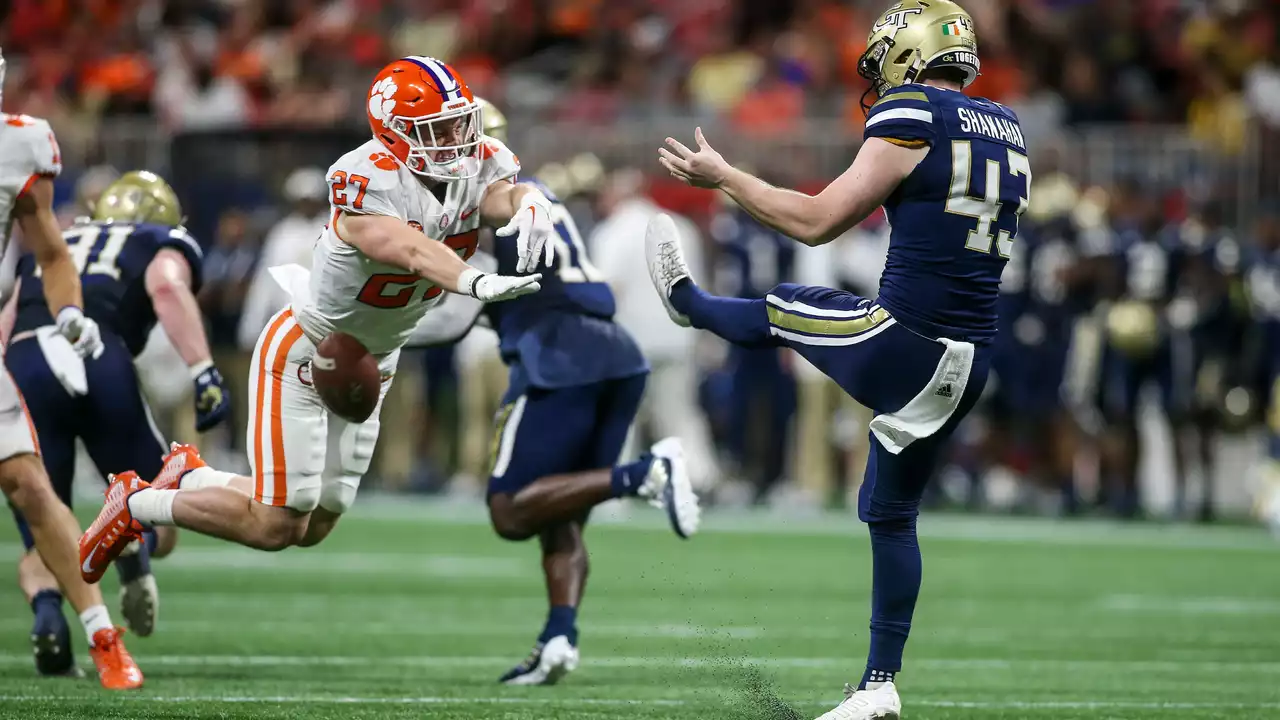Stakes Explained: Your Guide to College Sports and Betting
Ever hear the word "stakes" and wonder if it’s just hype or something you can actually use? In sports, stakes are the amount of money—or bragging rights—on the line for a game. Knowing how they work can change the way you watch a match, especially when you’re a student looking for free or low‑cost ways to enjoy the action.
Understanding Stakes in College Sports
College football games often come with different kinds of stakes. For some schools, the stake is a free ticket for students; for others, you might pay a small fee. These stakes are shaped by the school’s budget, conference rules, and even local weather. When the stakes are high—like a rivalry game—you’ll see more fans, louder crowds, and sometimes bigger bets from the community.
Take the recent Penn State vs. FIU matchup as an example. The game’s stake wasn’t just the win‑loss record; it included TV rights, streaming options, and the chance for fans to catch the game on the Big Ten Network without paying extra. Knowing that the game was available on the FOX Sports app and major live TV services helped fans decide whether to tune in from home or head to the stadium.
How to Use Stakes When You’re Betting or Watching
If you like to place a bet, the first step is to read the odds. Odds show how much you could win compared to your stake. A low‑risk bet might have a small payout, while a high‑risk bet could double or triple your money if you’re right. Always set a budget before you start—treat your stake like a limit, not a target.
Streaming is another practical stake. Many fans think they need a cable subscription to catch games, but free options exist. Limited YouTube watch‑alongs, radio streams, and school‑run broadcasts give you ways to watch without spending. Check your college’s athletics site or local radio stations for free streams before you buy a ticket.
Students often wonder if they can watch games for free. The answer is usually yes, but it varies. Some campuses give all students complimentary entry to home games, while others charge a nominal fee. Call your student activities office or look at the school’s event calendar to see what’s on offer.
When you’re betting, remember that the odds can shift based on injuries, weather, or even public sentiment. If a star player is out, the stake might drop and the odds will reflect a tougher road for the team. Keep an eye on sports news sites and follow game‑day updates to make smarter bets.
Another tip: use the free stats and post‑game highlights from ESPN or the team’s official channels. Those resources help you understand how the stakes played out after the final whistle, which is useful for future betting decisions.
Finally, treat every game as a learning moment. Whether you won a small bet, got a free ticket, or just enjoyed the atmosphere, each experience adds to your knowledge of how stakes affect college sports. Keep a simple spreadsheet of your bets, wins, and losses so you can spot patterns and improve over time.
Stakes aren’t just about money; they shape the whole fan experience. By checking ticket policies, streaming options, and odds before a game, you’ll get more value out of every match. Ready to put this into practice? Start with the next college football game on your radar and see how the stakes guide your choices.
